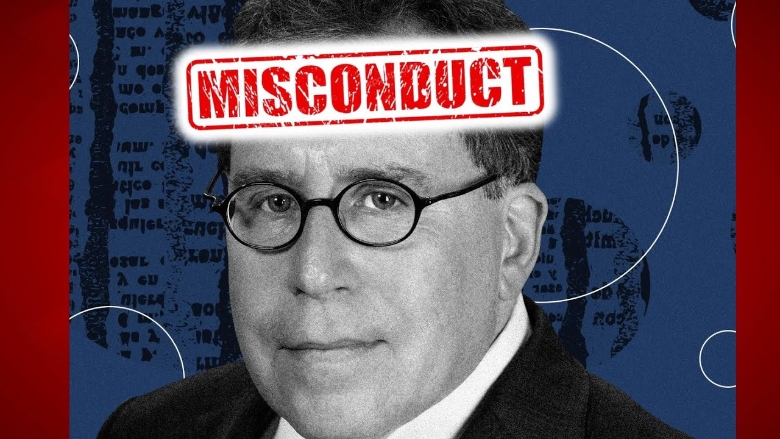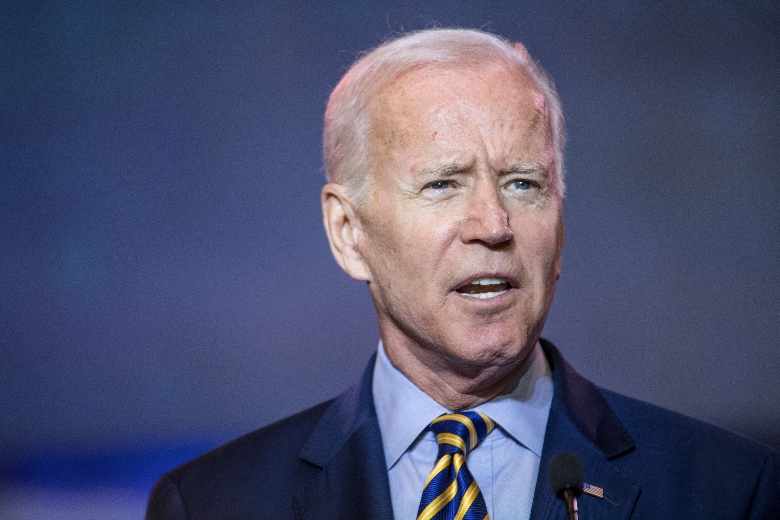In a dramatic shake-up within the Department of Justice (DOJ), Jay Bratt, a senior official instrumental in investigations targeting former President Donald Trump, has abruptly resigned. Bratt’s departure, first reported by journalist Michael Isikoff of SpyTalk, comes amid serious allegations of misconduct, casting a long shadow over the DOJ’s handling of high-stakes, politically charged cases.
Bratt, who served as the chief of the Counterintelligence and Export Controls Section in the DOJ’s National Security Division, played a pivotal role in the controversial raid on Trump’s Mar-a-Lago estate in 2022. The operation sought to recover classified documents allegedly retained by the former president after leaving office. While supporters hailed the raid as necessary to safeguard national security, critics denounced it as a politically motivated overreach, deepening divisions in an already polarized nation.
Top Immunity Support For The Times:
Immune systems can be weakened by poor diet, lack of sleep, and countless other environmental factors.
Our products may help support your body’s natural defenses.
Save 15% W/ Code “SAVE”
Visit: https://GetZStack.Com
Includes FREE SHIPPING in USA
Bratt’s resignation has amplified concerns about potential bias and ethical lapses within the DOJ. Reports of misconduct during his tenure include accusations of evidence tampering and attempts to intimidate legal counsel for Trump’s associates.
One of the most explosive allegations involves Stanley Woodward, the attorney representing Walt Nauta, a former Trump aide implicated in the classified documents case. According to unsealed court records and investigative journalist Paul Sperry, Bratt allegedly pressured Woodward to influence Nauta to testify against Trump.
During a meeting at the DOJ, Bratt reportedly handed Woodward a folder containing personal information and made a cryptic comment about Woodward’s potential judicial nomination, saying, “I wouldn’t want you to do anything to mess that up.” This incident prompted a formal complaint of prosecutorial misconduct to be filed in a Washington, D.C., court, further fueling doubts about the DOJ’s impartiality.
Bratt’s resignation is being described as a “watershed moment” by insiders, with some speculating it could trigger a broader exodus of DOJ lawyers and FBI agents. The timing is significant, as former President Trump positions himself for a potential return to the White House.
Trump has announced plans to overhaul DOJ and FBI leadership if re-elected, signaling that loyalists such as Pam Bondi for Attorney General and Kash Patel for FBI Director could take prominent roles. These proposed changes have reportedly unsettled career officials within the DOJ and FBI, intensifying concerns about the future direction of these institutions.
Adding to the intrigue, Trump recently named Stanley Woodward, the attorney central to the allegations against Bratt, as a senior legal advisor in his administration. This announcement has further stoked speculation about shifting dynamics within the DOJ and its potential response to a second Trump term.
The reactions to Bratt’s resignation have been predictably polarized. Critics of the DOJ’s handling of Trump-related cases view his departure as confirmation of a politically compromised investigation. Conservative commentator Mike Davis called Bratt “the biggest snake of them all” on Twitter, accusing him of orchestrating the Mar-a-Lago raid to obscure other alleged DOJ scandals, such as the FBI’s Crossfire Hurricane probe.
“Justice is coming,” Davis declared. “Nobody is above the law.”
Conversely, Bratt’s defenders argue that his departure could weaken the DOJ’s efforts to hold Trump and his associates accountable, potentially emboldening future misconduct by political leaders.
Bratt’s resignation raises critical questions about its impact on ongoing investigations into Trump and his inner circle. Will it hinder the DOJ’s ability to prosecute high-profile cases, or will it provide an opportunity for greater transparency and ethical oversight?
As Trump continues to galvanize his base with promises to reform the DOJ and FBI, Bratt’s resignation becomes a rallying cry for those who believe the investigations against the former president are politically motivated. For others, it highlights the urgent need for accountability and the importance of maintaining impartiality in America’s most powerful law enforcement agency.
Bratt’s exit also underscores broader concerns about the future of the DOJ’s National Security Division, which is tasked with handling some of the nation’s most sensitive cases. With Trump’s legal challenges dominating the headlines, the department faces unprecedented scrutiny over its leadership and integrity.
For many, Bratt’s resignation marks more than just the end of one official’s career—it is a flashpoint in the ongoing battle over justice, politics, and the rule of law in America. Whether it signals a significant shift within the DOJ or a momentary disruption remains to be seen, but its implications are certain to reverberate throughout Washington and beyond.
As the DOJ navigates these turbulent waters, the stakes have never been higher. For Trump’s supporters, Bratt’s resignation represents a triumph over what they see as a politically biased “witch hunt.” For others, it serves as a stark reminder of the need for ethical rigor and transparency in institutions charged with upholding justice.
As America braces for a contentious election season, Bratt’s resignation stands as a pivotal moment in the broader narrative of accountability, justice, and political power in a deeply divided nation.



Anything more corrupt and criminal then DOJ is a Black mark on America and the Biden regime.